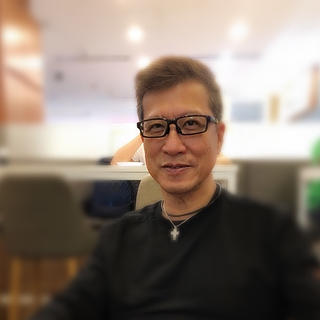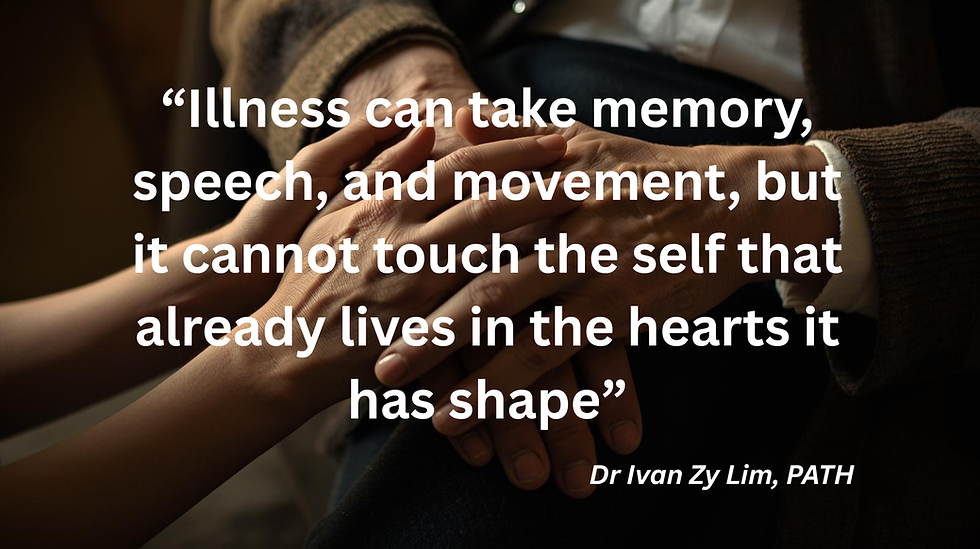Forgiveness Without Forcing It: What Asian Philosophy Can Teach Us About Letting Go
- Ivan Lim
- May 18
- 2 min read

When someone hurts you deeply, unfairly, perhaps even intentionally, the modern instinct is to ask: “Should I forgive them?”
We wrestle with that question like it has only two options: do it, or don’t. But what if that’s the wrong question entirely?
In Western culture, forgiveness is often framed as a moral high ground. It’s something you’re “supposed” to do. If you don’t, you’re seen as bitter or stuck. If you do, you might feel like you’re betraying your own pain.
Asian philosophy takes a radically different path. It shifts the focus from obligation to liberation. From “doing the right thing” to finding your inner stillness again.
Confucianism: Forgive to Restore Harmony, Not to Excuse Harm
In Confucian thought, forgiveness isn’t about being nice—it’s about preserving dignity and balance in human relationships. If someone has wronged you, ask:
Is this a relationship worth mending?
What role might I have played in the breakdown?
What response would reflect my highest self, not just my hurt self?
Forgiveness, then, becomes a moral act guided by discernment. Not weakness. Not passivity. But wisdom.
Buddhism: Let Go to Set Yourself Free
In Buddhism, holding onto anger is like drinking poison and hoping the other person suffers.
You don’t forgive because they deserve it.
You forgive because you deserve peace.
The Buddha taught that we suffer when we cling to resentment, to blame, to our need to be right. Forgiveness is not an obligation but a practice of metta (loving-kindness) and karuna (compassion). And it doesn’t always mean reconciliation. Sometimes, it’s the quiet, invisible work of releasing your grip on a story that’s choking your spirit.
Daoism: Stop Forcing Closure. Flow Instead.
Daoism offers a surprising perspective: maybe you don’t need to forgive.
Maybe you just stop holding on.
Rather than seek closure, a Daoist might simply let the river of life carry the pain downstream. No force. No fuss. Just the gentle wisdom of wu wei—non-resistance.
This doesn’t mean being passive. It means tending to your own qi (vital energy) rather than investing it in the past. When something’s heavy, drop it. When something feels off, don’t force it to make sense. Let it be. Let it move. Let yourself be free.
So… Should You Forgive Them?
Maybe that’s not the first question.
Maybe the better one is:
Can I make peace with what happened, even if they never apologize?
Can I live in alignment with who I want to be, regardless of how they behave?
Can I soften my grip on needing justice, and reclaim my energy for something more life-giving?
Forgiveness, in the Asian traditions, is less a moment and more a movement—a shifting inward from fixation to freedom.
It’s not about excusing harm.
It’s about refusing to carry the harm any longer.





Comments